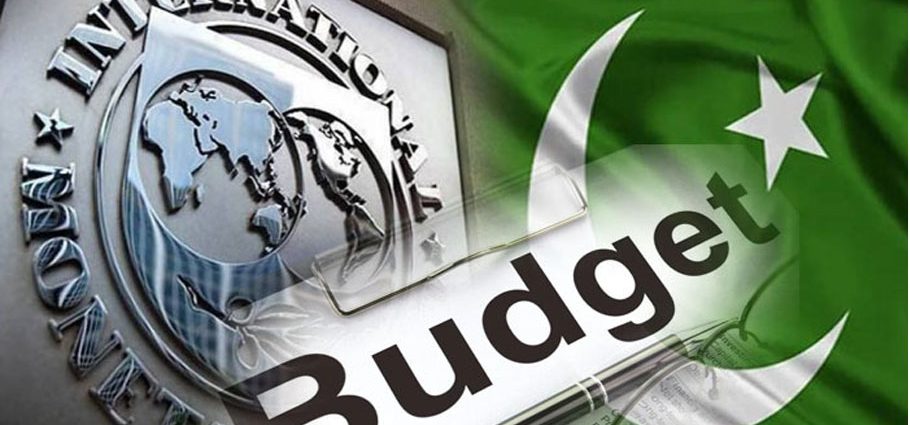FBR and IMF could not agree on time frame to implement retail tax on retailers
The new date of the retail and wholesale tax may be decided at the IMF Executive Board meeting in Washington on January 11.
Islamabad ( Web News )
There is no agreement between the Federal Board of Revenue (FBR) and the International Monetary Fund on the time frame for implementing retail tax on retailers in the first phase in the federal capital and four provincial capitals. Due to which the deadline to implement this retail tax in Islamabad, Lahore, Karachi, Quetta and Peshawar will be missed from January 15, 2024. Although the tax is out of the net and there has already been a consensus between the International Monetary Fund and the Government of Pakistan to make full use of the tax revenues available in this sector, the timing of this tax is still an important issue. It is maintained that the caretaker government does not seem to be able to impose such a tax, while the new federal government elected in Pakistan on February 8 will not be able to live without being affected by the negative political effects of imposing this tax because businessmen are against it. The timing of the tax’s implementation is still an issue between the IMF and the government of Pakistan due to fears of a possible shutter-down strike and protests for Pakistan on January 11 in Washington. In the meeting of the Executive Board of IMF, it is likely that a new date will be determined for the implementation of retail and wholesale tax. Every year, goods worth more than 4 thousand billion rupees are traded through retail and wholesale businesses in Pakistan. And the share of services sector in the gross national product (GDP) of this important sector is 12%, in which the share of retail trade and wholesale trade is 27.51%. The government wants to keep the smallest of these businesses out of the tax net and only apply the tax to retailers and wholesalers who have their own business centers or formal shops and non-permanent business centers that have kiosks. And it is also proposed to keep out of this tax net the very poor class who do open-air business on temporary structure carts or stalls because it is the same day-labourers who are not only earning their own employment but compared to permanent business centers. It is also leading to providing many times cheaper goods to consumers as they do not have to pay shop rent, electricity and gas bills and other regulatory fees. If this tax is effectively implemented, it will generate an additional tax of 100 billion rupees in Pakistan, which will not only help in increasing tax collections in Pakistan as part of the Gross National Product (GDP), but also in the four provinces. Also, due to the increase in tax collections, the provincial governments will have the opportunity to minimize their dependence on the federal government. Through the Finance Act 2023, the government has already approved the amendment of taxation on these small shopkeepers through the Parliament and the implementation of this tax. The government does not need any new legislation from the parliament for this. The former government has already entered into markets across the country to find new taxpayers under the $3 billion Stand By Arrangement (SBA) with the IMF. Agreed on the condition of conducting a physical tax survey on the number and number of persons involved in retail and wholesale businesses and IMF teams during visits to markets and markets to assess the exact number and volume of their business. Actions are already underway and the results of this survey will be taken into consideration whenever the retail tax is implemented.

